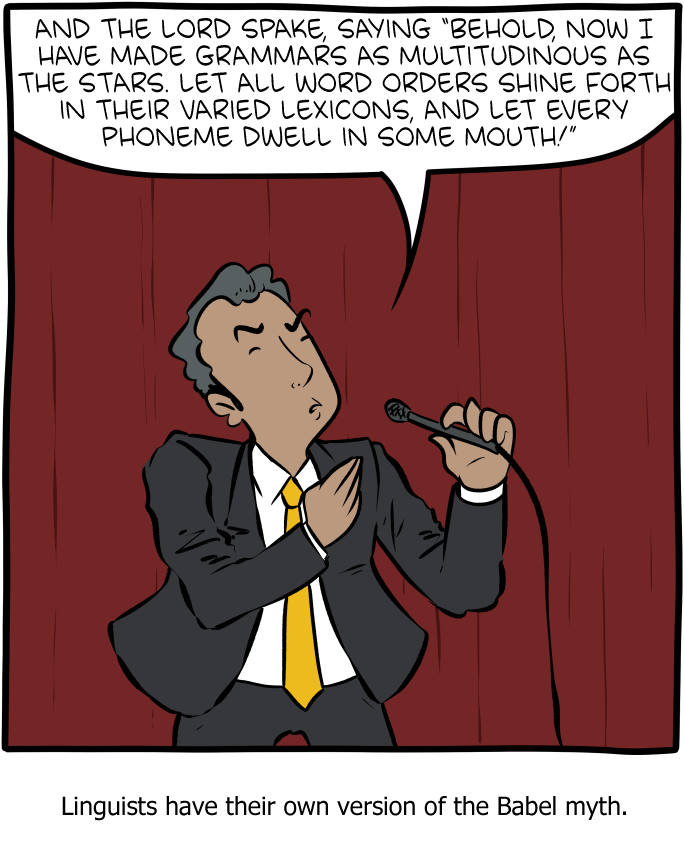Indirect archeological evidence for the spread and exchange of languages in medieval Asia
The title of this article about the Belitung shipwreck (ca. 830 AD) is somewhat misleading (e.g., there is no direct evidence of Malayalam being spoken by any of the protagonists, but it is broadly informative, richly illustrated, and well presented.
"Mongols speaking Malayalam – What a sunken ship says about South India & China’s medieval ties
The silent ceramic objects that survive from medieval Indian Ocean trade carry incredible stories of a time when South Asia had the upper hand over China."
Anirudh Kanisetti
The Print (8 September, 2022)
It's intriguing, at least to me, that the author identifies himself as a "public historian". He is the author of Lords of the Deccan, a new history of medieval South India.
Read the rest of this entry »

